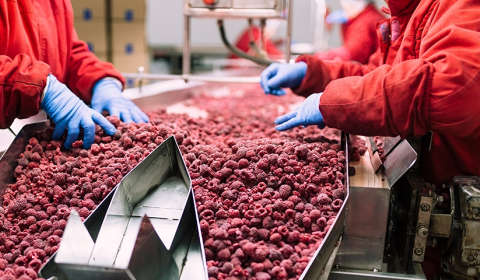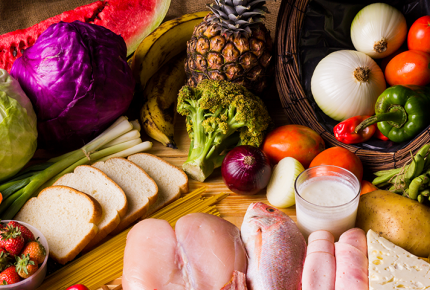
Preparing remote audits for food safety
Since the beginning of the Covid-19 health crisis, the food industry has been under increased pressure to ensure that food companies worldwide are meeting critical health and safety standards. However, many countries have imposed travel restrictions to slow the spread of Covid-19, leaving food manufacturers, suppliers, processors and retailers struggling to receive audits. Numerous food businesses were thus granted postponements for three to six months while the Global Food Safety Initiative (GFSI) developed a solution to ensure safe audits and inspections.
Understanding partly remote audits
In June 2020, the GFSI approved the replacement of several aspects of physical audits with the use of information communications technology (ICT). This allows for remote and blended audits as a benchmarking requirement, enabling food companies to combine remote audit and onsite verification to achieve certification.
Certification program owners (CPO) have to define which aspects of an audit can be conducted remotely. This includes completing a risk assessment to ensure that audit efficiency and integrity will not be compromised. Companies must also undergo an evaluation to ensure that the auditor and site manager have sufficient access and connectivity to effectively use ICT.
The onsite verification of partly remote audits must minimally include the inspection of Good Manufacturing Practices and verification of Food Safety Management Systems. The complete audit – including both onsite and remote inspection activities – must be finished within 30 days, or 90 days under extenuating circumstances.
The benefits of remote audits
Food manufacturers, suppliers and retailers stand to gain a great deal through the use of blended audits. The key advantage is that organizations can maintain business continuity, while ensuring that food health and safety standards are respected. This is crucial for preserving consumer trust during a time when the food industry is facing outbreaks, shortages and disruptions worldwide.
Partly remote audits enable food companies to save on costs associated with in-person inspection (e.g., travel, lodgings, operational delays) and limit the environmental impacts of auditor displacement. While remote audits do require more advanced planning than traditional adults, they can reduce the time needed to complete an audit, and increase efficiency for onsite inspections.
Finally, remote audits can help resolve the long-standing challenge of auditors’ availability. Given the disruptions to auditor schedules during the first half of 2020, ensuring auditor availability for the rest of the year is especially crucial. Now that blended audits are GFSI-approved, highly qualified food auditors can perform greater numbers of audits than before, and more technical and industry specialists can contribute to the audit.
How Bureau Veritas is supporting food companies
Bureau Veritas is using its technical expertise and worldwide network to support clients looking to undergo remote or blended audits for their processing plants, factories, farms and more. Our highly trained and experienced auditors are available to provide remote inspections, collaborating with onsite personnel to assess food health, safety and hygiene standards. We help clients undertake key assessments, develop a remote audit plan compliant with GFSI guidelines, and access quick and secure remote inspection services with a trusted partner.

